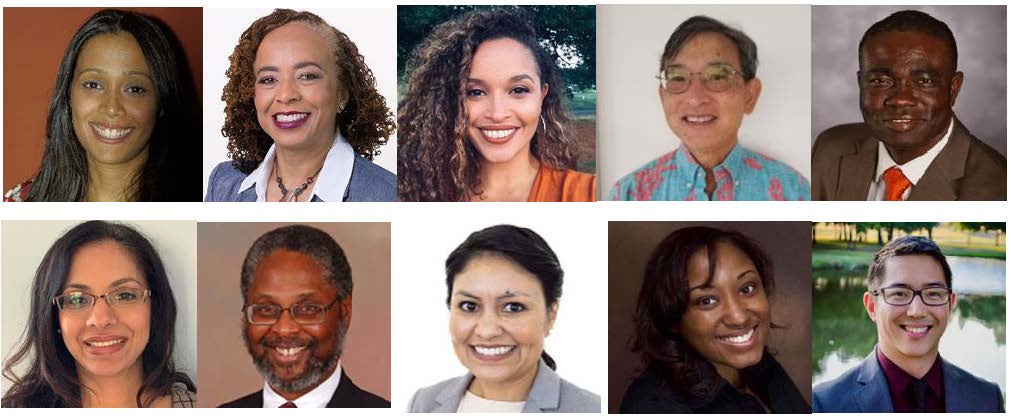Presented by:

Franchesca Arias, PhD, Desiree Byrd, PhD, ABPP-CN, Mirella Diaz-Santos, PhD, Daryl Fujii PhD, ABPP-CN, Jean Ikanga, PhD, Farzin Irani, PhD, ABPP-CN , Harold Neighbors, PhD, Michelle Miranda, PhD, MPH, Courtney Ray, MDiv, PhD and Alexander Tan, PhD